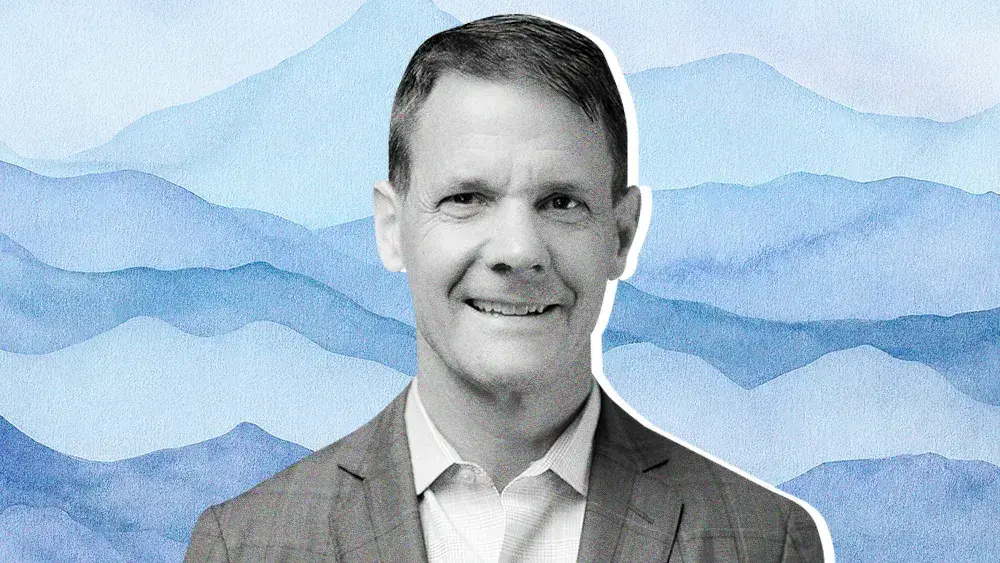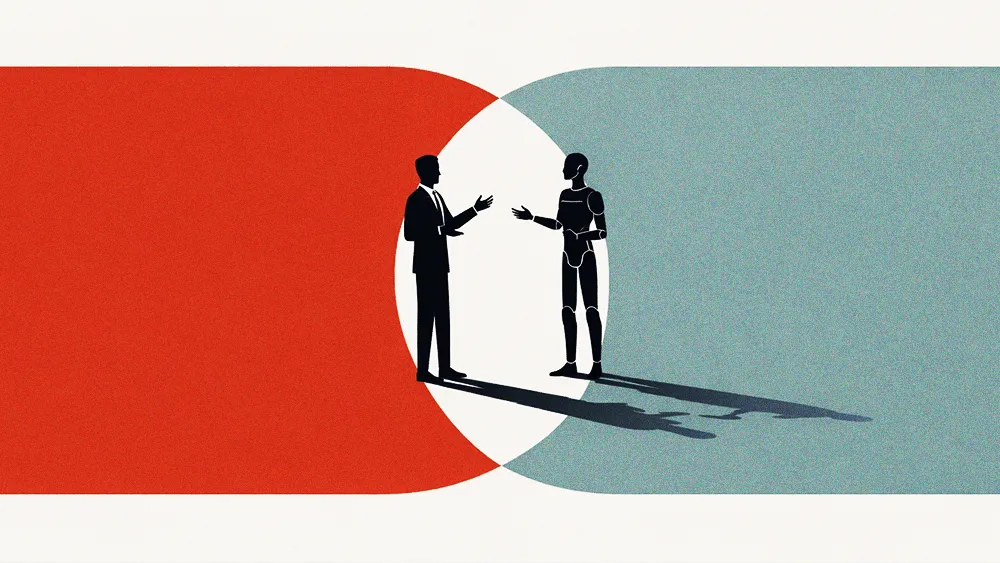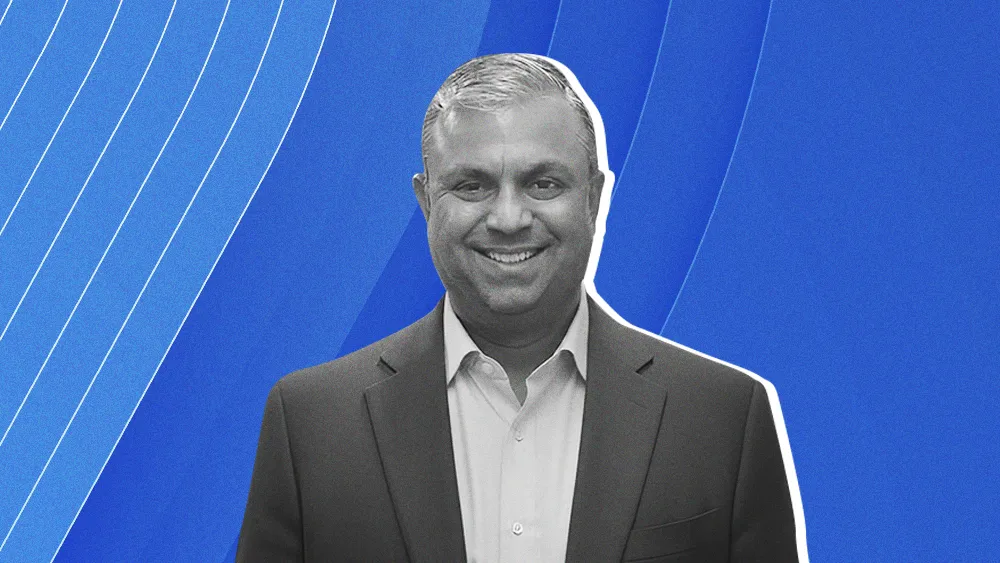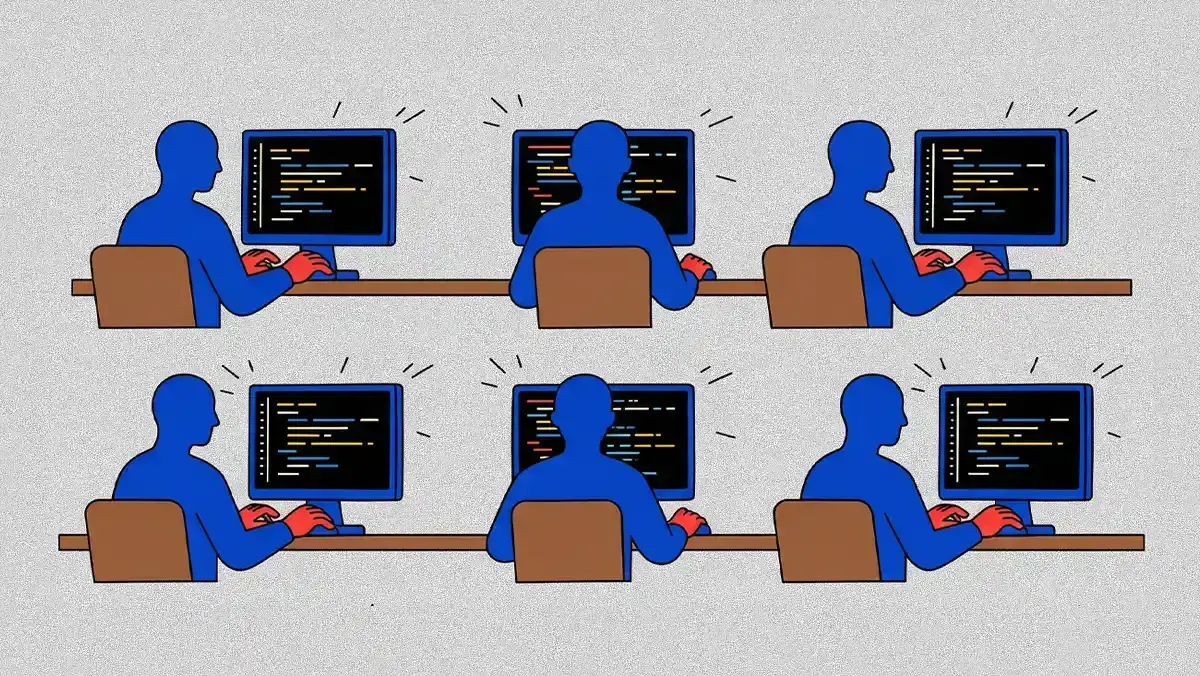
Key Points
- AI is changing the job of CIO as fast as it’s changing enterprise IT environments. And for Workato CIO Carter Busse, it’s a chance to double-down on his career-long mission to help people.
- “CIOs always wanted to be part of the discussion with business partners, to be on par with our marketing and sales peers, and we've always had to fight for it,” he told CIO News. “Now, everyone is looking at us to lead this AI transformation."
- At Workato, Carter is turning the hype around AI agents into reality for enterprises, including his own. We spoke with Carter to learn why he’s so bullish on the opportunity with agentic AI, and why now is the chance for CIOs to prove their value.
Along with enterprise technology environments, AI is transforming the job of Chief Information Officer. No longer IT stewards, CIOs are trusted advisors, guiding the company through efforts to rebuild operations around AI.
For Workato CIO Carter Busse, who got into the industry with a goal of helping people, the ongoing disruption is a chance to show how radically technology can improve the lives of customers and employees. And it’s an opportunity for CIOs to prove their importance to the organization.
“CIOs always wanted to be part of the discussion with business partners, to be on par with our marketing and sales peers, and we've always had to fight for it,” he told CIO News. “Now, everyone is looking at us as CIOs to lead this AI transformation. It’s an amazing opportunity to step up and be a change agent. And if you don't do that, you are going to get fired.”
From ushering in the SaaS revolution as Salesforce’s first IT hire, to discovering the power of integration at MobileIron and making the promise of AI agents a reality at Workato, Carter’s career has kept him at enterprise tech’s bleeding edge. We talked with him about the opportunity in agentic AI, why it’s a make-or-break moment for CIOs, and how IT leaders can quickly prove their value to the business.
Show your passion
Heading into college, Carter had dreams of becoming a doctor. But by the middle of freshman year, he couldn’t get excited about counting fruit flies, or competing against students with perfect grades and test scores. Instead, he transferred over to the business school, and graduated with a goal to enter the IT industry.
But first, he had to break into it. For Carter, there was one really only one option: Andersen Consulting, which became Accenture in 2001. The company ran a celebrated training program, with a highly competitive application process. In fact, after struggling to land an interview, he sat in the lobby for three days straight. That show of tenacity ended up getting Carter a conversation – and ultimately a job. It also taught him a valuable lesson that he still uses in hiring today.
“I want someone who wants to work here, who is passionate about integration and AI,” he said.

"Everyone is looking at us as CIOs to lead this AI transformation. It’s an amazing opportunity to step up and be a change agent."
At Andersen Consulting, Carter quickly was introduced to the power of technology and the growing importance of automation. A Cobol programmer, he earned his IT stripes writing code on IBM mainframes. Then, an opportunity at a buzzy Internet startup Excite@Home brought Carter to the San Francisco Bay area.
Excite@Home’s boom and subsequent bust would eventually become an MBA case study. But Carter would soon meet someone already hard at work on IT’s next chapter: Salesforce CEO Marc Benioff.
The path to IT success runs through sales
It didn’t take long for Carter to buy into Marc’s vision to deliver business applications over the Internet. In fact, it was his passion for the technology that helped him become Salesforce’s first IT hire.
“I told Marc: ‘If you can make my job as an IT manager easier, so I don't need to spend months getting a server up, this is going to be gangbusters,’” Carter recalled. “I got the job because of that statement.”
One day, Benioff came to Carter with a ground-breaking idea: Salesforce was going to take credit cards for its products. It was a brilliant move that would help the company sell directly to salespeople instead of waiting for CIOs to approve the spend. And Carter ended up keeping a server under his desk for two years that processed all of Salesforce’s revenue. (“I had to kick it a few times,” he said.)
That experience helped shape Carter’s operating mindset as a tech leader: “If the IT department can help our sales department land bigger deals, land deals faster, take friction away from talking to customers, help with revenue, then we are rockstars,” he said.
‘People will listen to you’
AI is giving CIOs an even greater opportunity to deliver impact to the bottom-line. In the past, IT leaders used to be in charge of months, even years-long implementations. With AI, technologists like Carter can work with a small team to quickly build and deploy new applications and agents.
“It’s really fun to be a CIO right now. It’s stressful, but it’s really fun,” Carter said. “We need to be leading AI initiatives. Fail fast and partner with the business, because people will listen to you.”
For CIOs, AI is more than a chance to revamp their reputations. Long thought of as only IT help desk managers, AI is giving them a chance to connect with the workforce in ways they never could before to not just improve the business, but also improve their lives.
“I wanted to be a doctor because I wanted to help people,” Carter said. “Now AI gives me a whole new platform to work with and help employees and customers.”
.svg)





